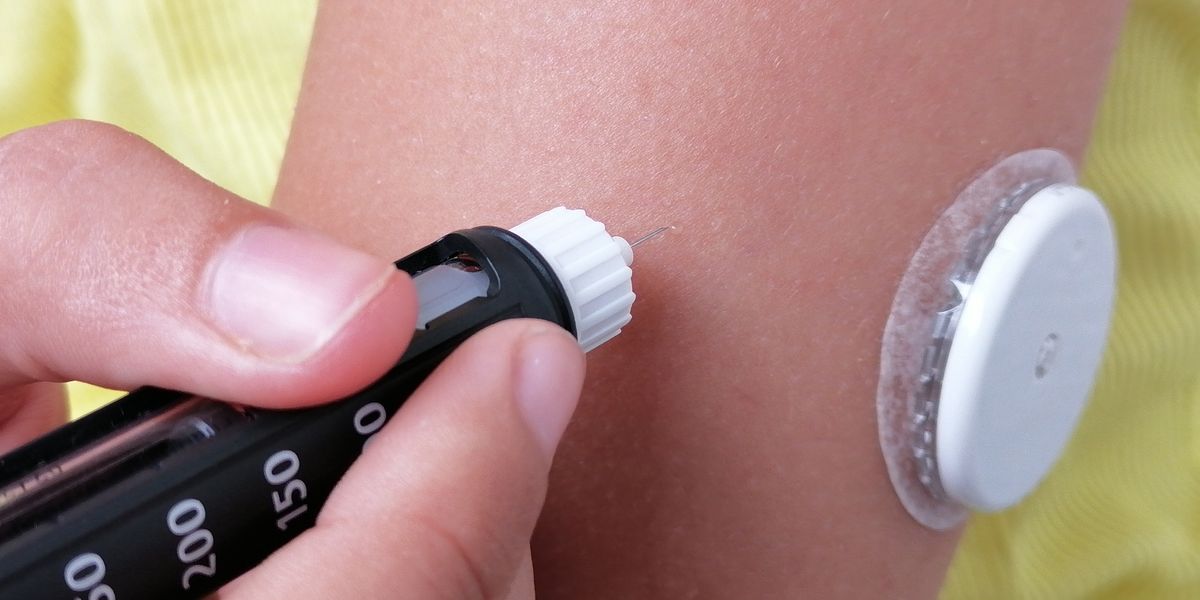The results of a study testing the effectiveness of weekly insulin injections are “very promising”, according to experts looking to “lessen the burden” of daily injections for people with type 1 diabetes.
The ground-breaking study, which spanned 12 countries and 99 sites, set out to evaluate the safety and efficacy of a weekly basal injection of icodec – a long-lasting form of insulin – in comparison with a daily basal injection of insulin degludec in adults with type 1 diabetes.
- Speak to other people with type 1 diabetes
- Type 1 diabetes symptoms
- Semaglutide could remove need for insulin injections in type 1 diabetes, promising study shows
The year-long study was led by led by Professor David Russell-Jones, Professor of Diabetes and Endocrinology at the University of Surrey, who said: “What we have found is that once-weekly icodec injections showed non inferiority to once-daily injections of degludec in reducing HbA1C after 26 weeks.
“Although there is a slightly higher rate of hypoglycaemia under this regime, we found this could be easily managed. We’ve concluded this new insulin may have a role in reducing the burden of daily basal injections for patients managing type 1 diabetes.
“Our findings are very promising, but further analysis of continuous glucose monitoring data and real-world studies are needed.”
The research involved 582 people with type 1 diabetes, with the group split into two.
The first group was given once-weekly injections of icodec, while the second received daily injections of degludec. Both groups were given a short-acting insulin at mealtimes.
At 26 weeks, the participants taking the weekly injection saw their HbA1C levels (a marker for overall diabetes control) fall from a mean of 7.59% at baseline to an estimated mean of 7.15%.
For those on the daily injections, this level fell from 7.63% to 7.10%.
- T1DFC: Dad launches type 1 diabetes football team following son’s diagnosis
- The Diabetic Dinosaur: Children’s type 1 diabetes book published
- Substantial increase in type 1 diabetes cases in children and teenagers since COVID-19
The weekly injection group did experience more hypoglycaemic episodes, which is when blood glucose levels fall too low. However, the research team noted that incidences were low in both groups.
Professor Russell-Jones said: “Many people find managing a long-term condition such as diabetes very difficult and report missing vital insulin injections. Missed injections can affect glycaemic control, and a lack of consistency in the treatment has been linked to increased rates of diabetic ketoacidosis, a serious complication of the condition that can be life-threatening.
“Reducing insulin injection frequency could lessen the burden of treatment for some people with the condition and improve their glycaemic control.”
Read the study in the journal The Lancet.




